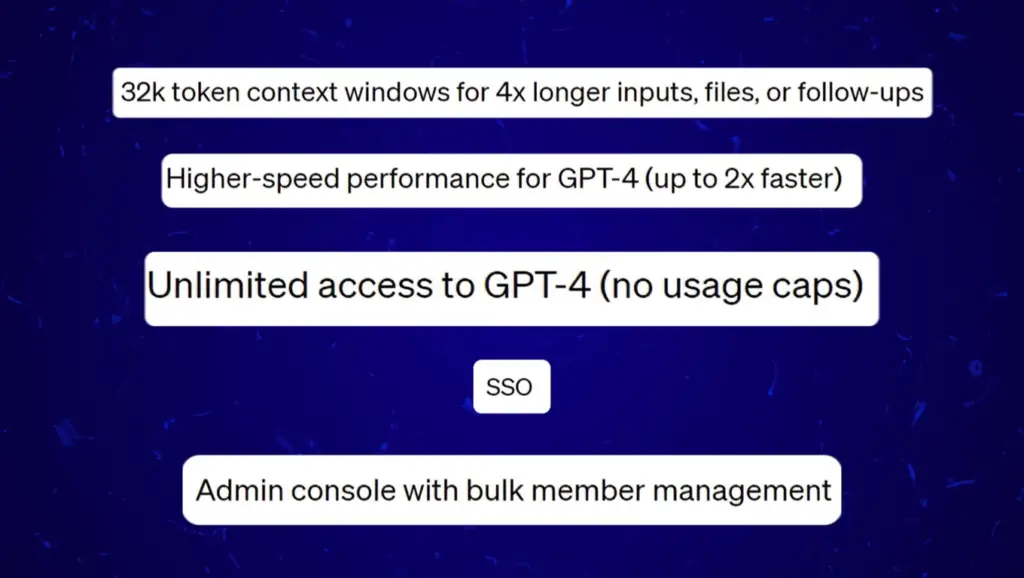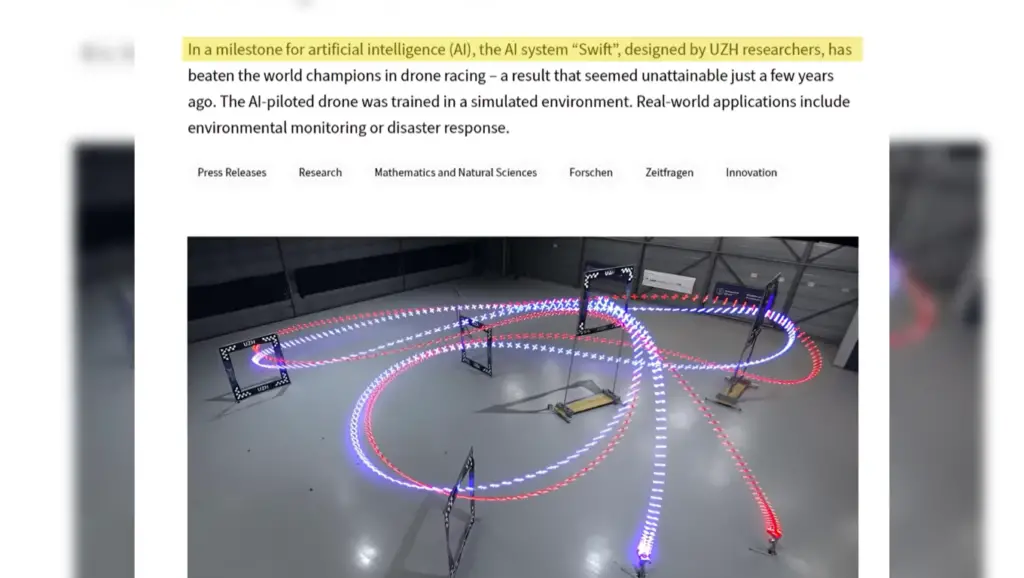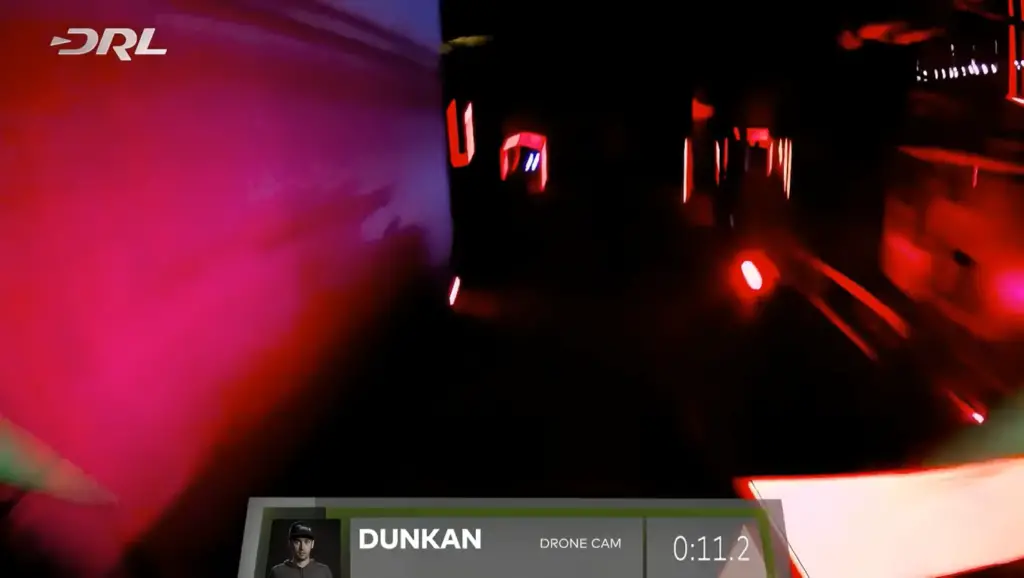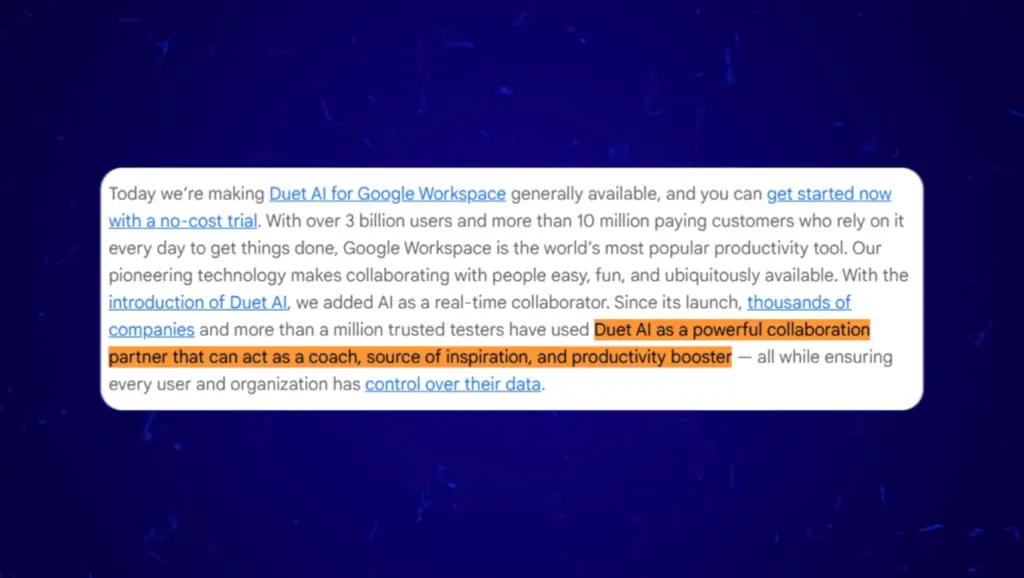Tesla Invests $300 Million in AI Powerhouse
In a week jam-packed with AI news, Tesla has made a significant move by launching a colossal $300 million AI cluster, equipped with a whopping 10,000 NVIDIA H100 Compute GPUs.
This investment aims to bolster Tesla’s AI capabilities, particularly in self-driving technology.

Tim Zaman, AI infra and AI platform engineering manager at Tesla shed light on the magnitude of their AI training datasets, exceeding anything seen before.
The real-world video training they undertake generates data that surpasses 200 petabytes, making it orders of magnitude larger than previous AI models.
Elon Musk, Tesla’s CEO, presented the latest version of full self-driving, Version 12, in a live demonstration during a drive.

This version marks a significant step towards fully autonomous driving, as it relies solely on cameras and AI, eliminating the need for other sensors. Musk stressed that it’s still in beta, but V12 is expected to remove that label.
Tesla’s unique approach involves deploying a pure neural network, differentiating itself from competitors like Cruise and Waymo. Musk even added a touch of humor, suggesting he might visit Mark Zuckerberg for an unlikely showdown.
OpenAI’s Revenue Surges Amidst Usage Decline
OpenAI is experiencing a fascinating financial contrast. Recent reports suggest they are on track to generate over a billion dollars in revenue over the next year, a remarkable increase from last year’s earnings of $28 million.
This financial growth contrasts with a decline in usage, as visits to ChatGPT have dropped by 29% since their peak in May.

It appears that users are primarily utilizing ChatGPT as a coding assistant, and this dominance might be under threat from open-source alternatives like Meta’s CodeLama.
This report reveals that users tend to either use one prompt or five prompts during their sessions, accounting for nearly 70% of all visitors.
OpenAI Introduces ChatGPT Enterprise for Enhanced Privacy
OpenAI is addressing privacy concerns with the launch of ChatGPT Enterprise. Businesses have been wary of using AI like ChatGPT due to potential data leakage and security issues.
ChatGPT Enterprise aims to alleviate these concerns by guaranteeing that customer data is not used for training, offering data encryption at rest and in transit, and being SOC 2 compliant.

Additionally, it provides features such as an admin console, single sign-on, and increased usage capacity, making it a strong contender for businesses seeking reliable AI solutions.
CodeLama Surprises by Outperforming GPT-4 in Coding Tasks
Meta AI has unleashed a game-changing AI model, CodeLama, fine-tuned explicitly for coding tasks.
Even more astonishing is that various versions of CodeLama have managed to surpass GPT-4 in coding challenges. This development represents a significant shift in the coding assistance landscape, as CodeLama emerges as a formidable, free, and open-source alternative.

The availability of quantized versions, ranging from a billion to 70 billion parameters, ensures compatibility with diverse hardware setups, even running smoothly on an M2 Ultra Mac.
Drone Racing
In an impressive showcase of AI capabilities, researchers at the University of Zurich have developed Swift, an AI system that outperformed world-champion drone racers.

This feat was once deemed impossible but has become a reality, highlighting AI’s potential in fields like environmental monitoring, disaster response, and rescue operations.

Drone racing, where pilots control drones at breakneck speeds through intricate courses, poses a challenging arena for AI to conquer, and Swift’s success signifies a significant advancement in this domain.
A16Z Grants Boost Open-Source AI Development
A16Z, a renowned Silicon Valley venture capital firm, continues to foster innovation by announcing a grant program.
This initiative aims to support open-source AI developers in the community who are often hampered by the high costs of hardware required for AI model development.
The grant recipients, including prominent figures like Tom Jobins, receive vital financial backing to further their contributions to the open-source AI landscape.
This move underscores A16Z’s commitment to bolstering the open-source AI community and driving advancements in the field.
Google Unveils AI Advancements in Workspace and Cloud Services
Google made substantial strides in the AI domain this week, with the launch of Duet AI in Google Workspaces. With over three billion users, Google Workspaces now integrates Duet AI, a multifaceted tool designed to enhance collaboration, productivity, and inspiration.

Google’s cloud services have also expanded their offerings, featuring 20 pre-built AI models optimized for enterprises like LLAMA 2 and CLAUDE 2.
Moreover, Google introduced Synth ID, an AI watermarking product designed to identify AI-generated images effectively.
Apple’s M1 and M2 Chips Shine in AI Performance
Apple’s custom silicon, the M1 and M2 chips, are proving to be formidable contenders for running AI models. Experts, including AI pioneer Andre Carpathi, have praised the M2 chip’s capabilities, especially for large language models.
The accessibility and performance of Apple’s chips hint at their potential to power the next generation of AI models.
As the demand for AI on mobile devices rises, Apple’s hardware could play a pivotal role in shaping the AI landscape.
Tech Titans Venture into Real Estate: Building a City from Scratch
Silicon Valley’s elite, including figures like Michael Moritz, are embarking on an ambitious venture to create an entirely new city from scratch.
This project, supported by substantial investments from tech luminaries, has grand aspirations of being as walkable as Paris or New York’s West Village.
While the details remain shrouded in secrecy, these purchases of large plots of land have raised questions and concerns among local communities.
Ideogram’s Unique Approach to AI-Generated Text on Images
Ideogram, a newcomer in AI, distinguishes itself with a novel approach. It offers the ability to add text to AI-generated images, solving a previously challenging problem.
Founded by former Google Brain researchers and backed by substantial funding, Ideogram seeks to carve a niche in the competitive AI field.
However, competition in this space is fierce, and Ideogram’s success will depend on its ability to stay ahead of the curve.
Runway Gen2 Introduces Motion Slider for Enhanced Video Generation
Runway Gen2 continues to evolve its generative art capabilities with the introduction of the Motion Slider feature.
This innovative tool allows users to control the level of movement in generated videos, pushing the boundaries of creative possibilities.
As AI-driven video generation advances, tools like Motion Slider empower creators to produce captivating and dynamic content.
AI and Copyright: Shaping the Legal Landscape
The intersection of AI and copyright is increasingly under scrutiny. Regulators are soliciting public input to formulate AI copyright policies, addressing questions such as the use of copyrighted data in AI training, the copyright status of AI-generated content created without human involvement, and liability in AI-related copyright matters.
As AI-generated content becomes more prevalent, navigating the legal aspects of AI and copyright will be a critical challenge.
In a week filled with developments, the AI landscape continues to evolve, with key players pushing the boundaries of innovation and addressing critical issues. Stay tuned for more exciting updates in the world of AI and technology.
